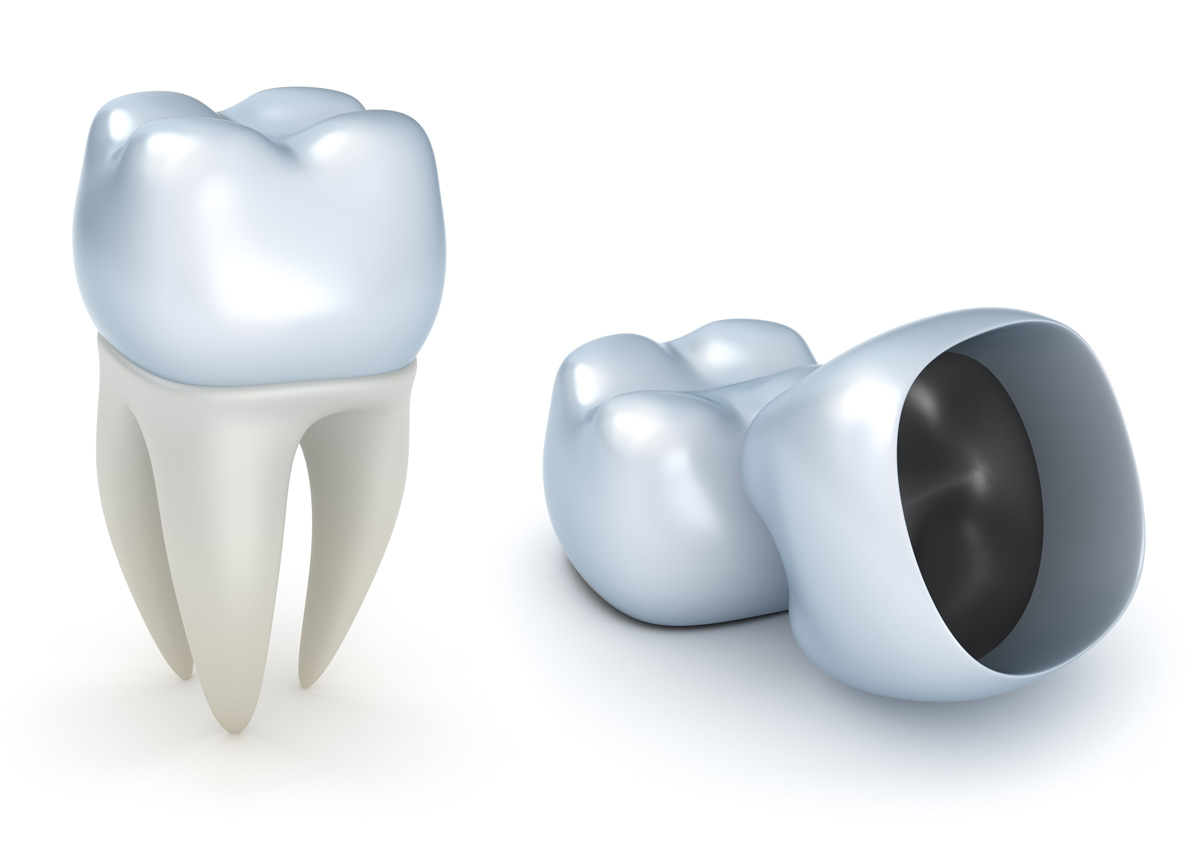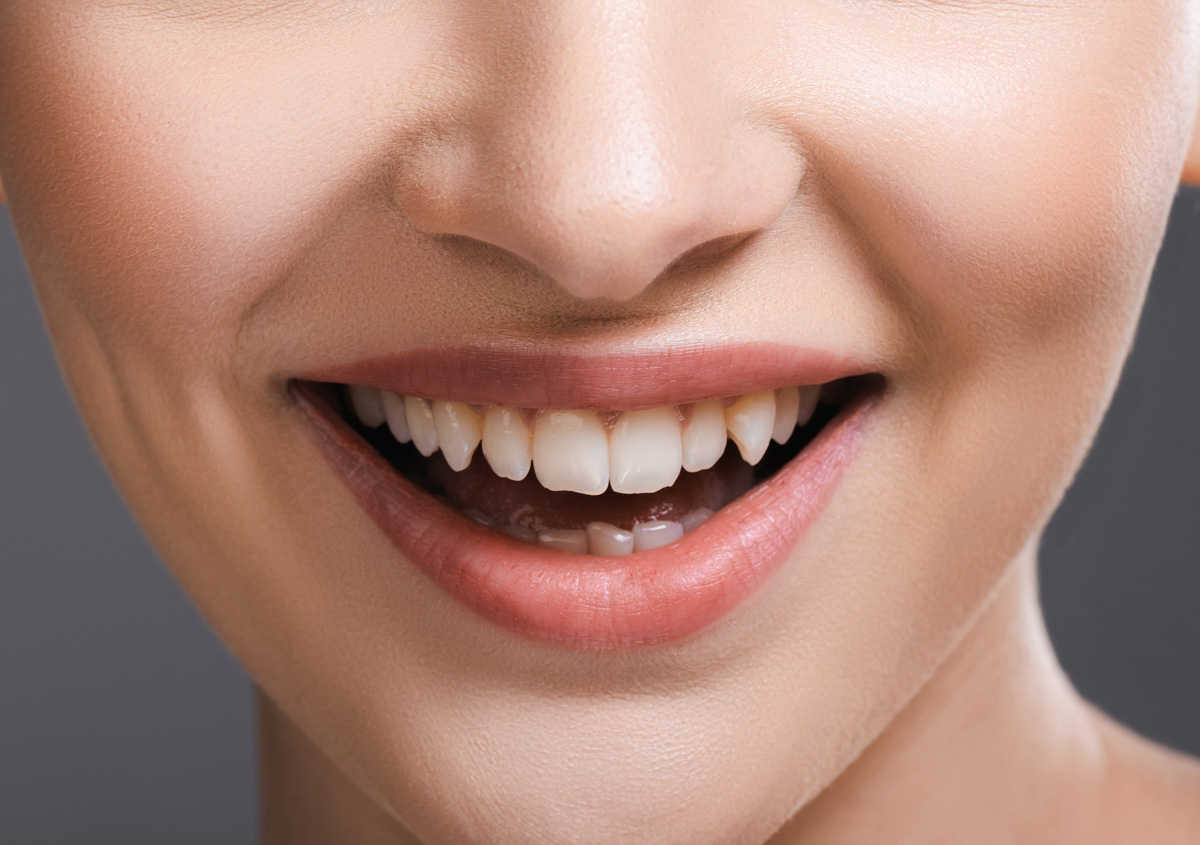Breaking Down the Costs of Dental Cleanings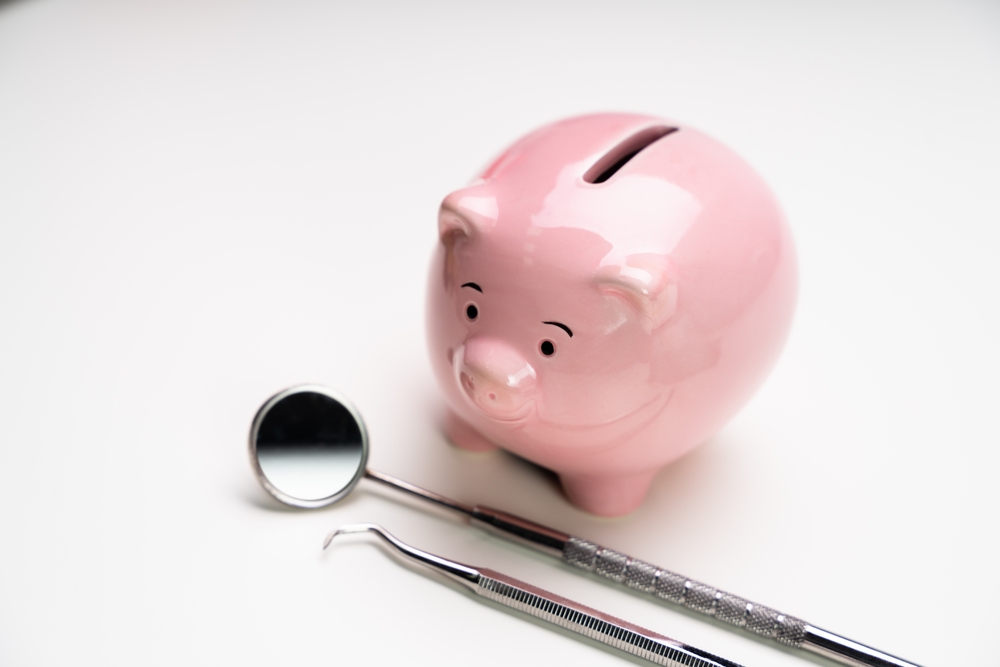
While routine dental care and professional cleanings are vital for your oral health, our dentist understands that cost can deter patients. Fortunately, most dental cleanings are covered under insurance plans. West Chester family dentist, Dr. Ron Briglia breaks down the costs of dental cleanings and the resources you need to receive essential dental care and maintain good oral health.
If you’re looking for a new dentist in West Chester, PA, call our West Chester dental practice to schedule your routine professional cleaning by dialing (610) 615 0160 if you’re a new patient or (610) 692 4440 if you’re a returning patient. You can also learn more about dental cleaning costs by reading the helpful guide below.
How Much Do Dental Cleanings Cost?
The average cost of a dental cleaning in the United States ranges from $75 to $200 per session. However, teeth cleaning costs can go up if additional treatments are required. For example, scaling and root planing can cost up to $400 per deep cleaning session. Your total cost will also be dependent upon certain factors, such as location, your dentist’s experience, and more.
Factors That Influence Dental Cleaning Costs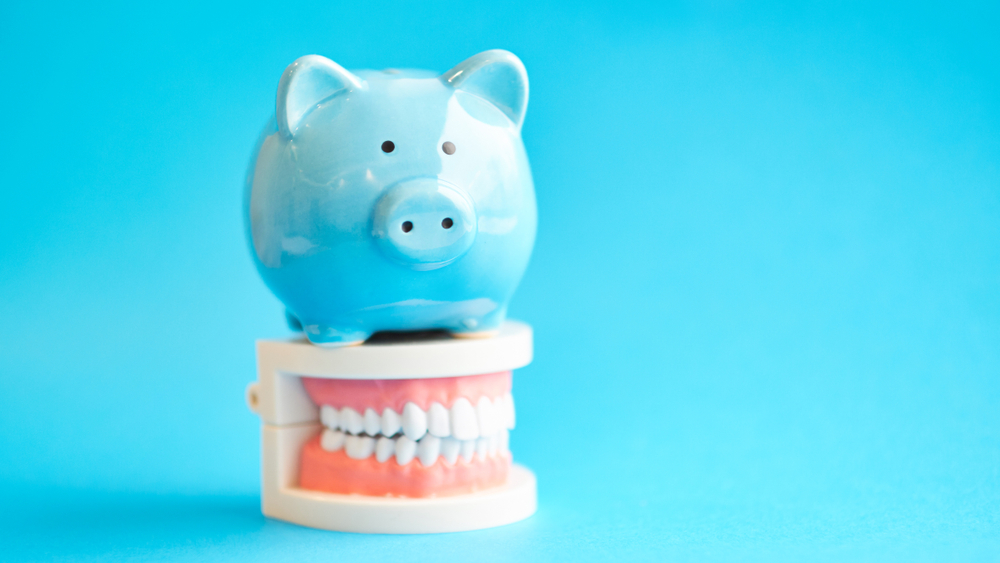
Several factors can influence the average cost of your dental cleaning. These factors may include:
- Location: Teeth cleaning costs vary depending on the location of the dental office. Dental offices located in urban areas tend to charge more for teeth cleaning than those in rural areas.
- Type of Cleaning: The cost of teeth cleaning also depends on the type of cleaning required. Routine cleaning typically costs less than periodontal maintenance or scaling and root planing.
- Dental Insurance: Dental insurance can significantly reduce the cost of routine dental cleaning. The amount of dental coverage varies depending on the type of insurance plan.
- Additional Treatments: If additional treatments are required, such as applying fluoride treatments or dental X-rays, the cost of dental cleaning can increase.
- The Experience and Training of the Dentist: More experienced dentists typically charge more than less experienced dentists.
Additional Costs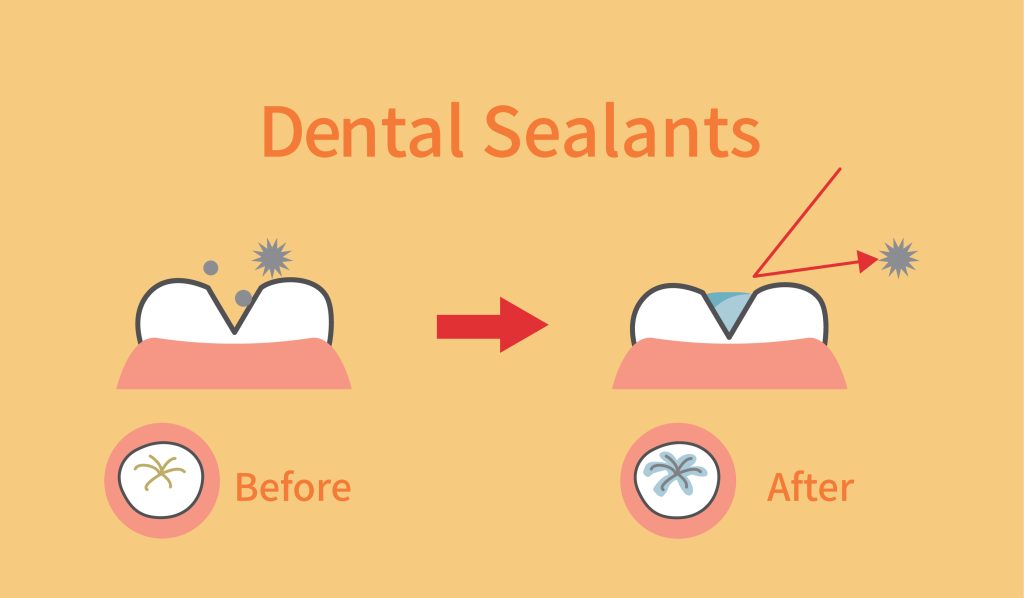
Additional costs can accumulate during a professional teeth cleaning. These costs will vary depending on the individual’s dental health and the type of teeth cleaning required. Some additional costs that may arise include:
- Dental X-rays: If X-rays are needed during a dental cleaning, there may be an additional cost. The cost of X-rays can vary depending on the number of images needed.
- Fluoride treatment: Fluoride treatments are optional, but they can help protect against tooth decay. If a patient chooses to have fluoride treatment during their dental cleaning, there may be an additional cost.
- Deep cleaning: If a patient has a significant amount of tartar buildup or gum disease, they may require a deep cleaning procedure, also known as scaling and root planing. Deep cleanings are more extensive than regular dental cleanings and will cost more.
- Dental sealants: Dental sealants are a protective coating applied to the teeth to prevent decay. If a patient chooses to have dental sealants applied during their regular dental cleaning, there may be an additional cost.
Make sure to discuss any potential additional dental costs beforehand with the dental office before scheduling a regular dental cleaning or any other dental services. Many dental offices will provide an estimate of the total cleaning cost and any additional treatments before the appointment.
Patients should also check with their insurance provider to see if additional dental services and treatments are covered under their insurance plan. By understanding the potential additional costs associated with a dental cleaning, patients can make informed decisions about their dental health and finances.
Dental Insurance and Financing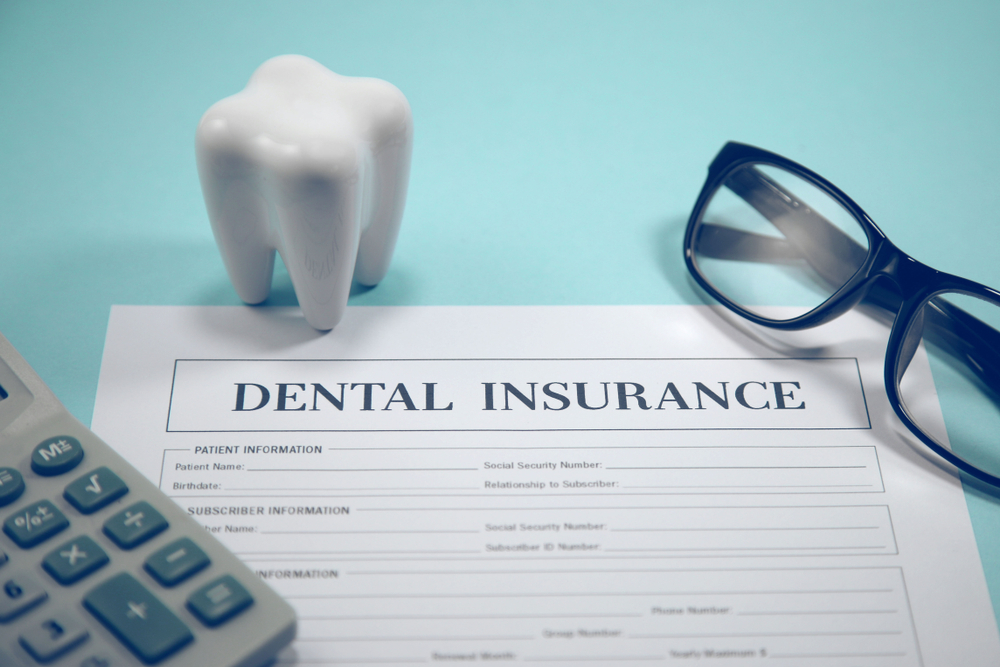
Dental insurance can help you pay for the cost of dental cleanings, as well as other dental procedures. Your specific coverage for dental cleanings will vary depending on the insurance plan, but most plans will cover at least two cleanings per year. A general overview of dental coverage for insurance looks like:
- Preventive Care: Most dental insurance plans will cover preventive care at 100 percent, meaning you won’t have to pay anything out of pocket. This includes dental cleanings, exams, and X-rays.
- Basic procedures: Basic procedures, such as dental fillings and tooth extractions, are typically covered at 80 percent. This means you will have to pay 20 percent of the cost out of pocket.
- Major procedures: Major procedures, such as dental crowns and root canals, are typically covered at 50 percent. This means you’ll have to pay 50 percent of the cost out of pocket.
When it comes to picking your insurance plan, keep these tips in mind:
- Choose a plan that covers preventive care at 100 percent. This will ensure that you don’t have to pay anything out of pocket for your dental cleanings.
- Make sure the plan you choose is in-network with your dentist. This ensures that you’ll get the maximum coverage for your dental cleanings.
- Be aware of the deductibles and copays for your plan. This will help you budget for the cost of your dental cleanings.
- File your dental insurance claims promptly. This ensures that you’ll get reimbursed for the cost of your dental cleanings.
If you’re uninsured and looking for alternatives, you may consider financing options or payment plans such as: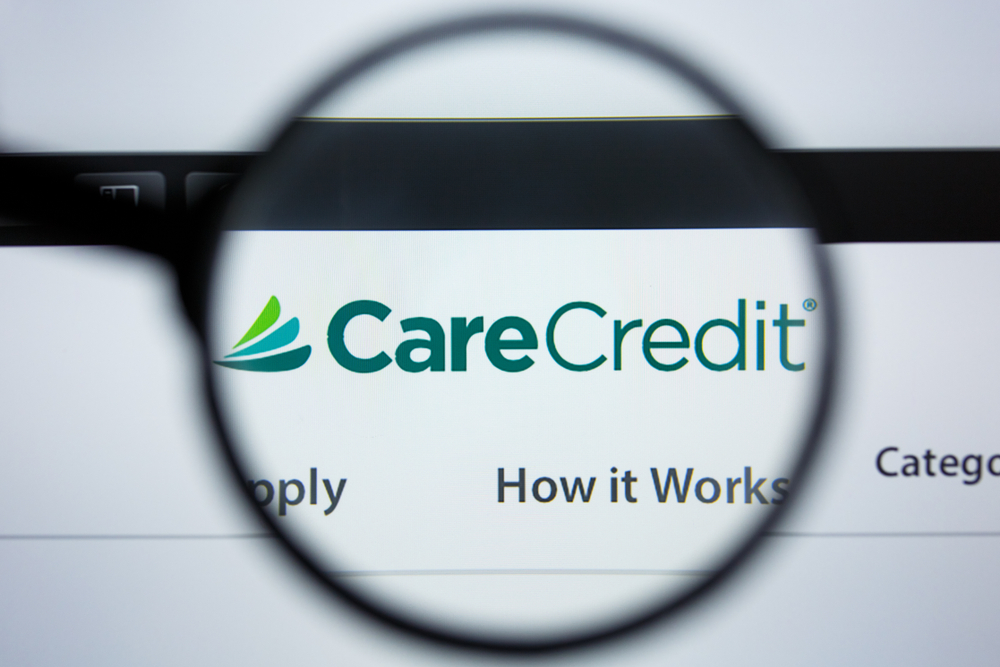
- Dental Credit Cards: There are several dental credit cards available that offer financing options for dental procedures, including dental cleanings. These cards typically offer 0 percent interest for a certain period, such as six or 12 months, on purchases made over a certain amount.
- In-house Dental Financing: Some dentists offer in-house financing options for their patients. This can be a good option if you have bad credit or do not qualify for a dental credit card.
- CareCredit: CareCredit is a healthcare credit card that can be used to finance dental cleanings and other medical procedures. CareCredit offers 0 percent interest for six, 12, 18, or 24 months on purchases of $200 or more when you make the minimum monthly payments and pay the full amount due by the end of the promotional period.
Frequently Asked Questions














